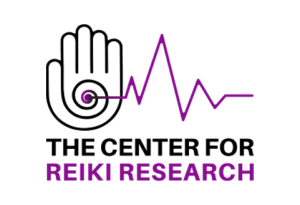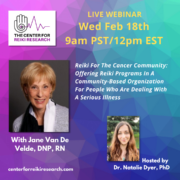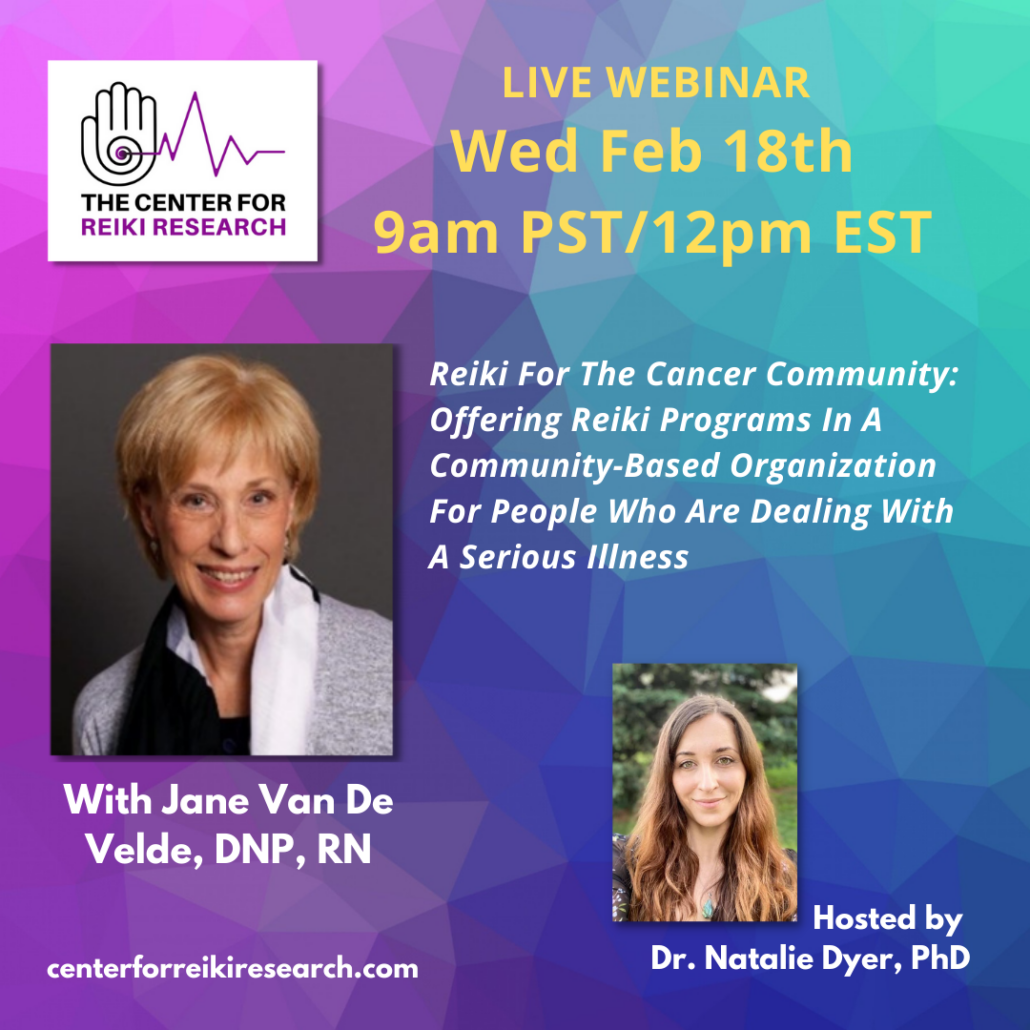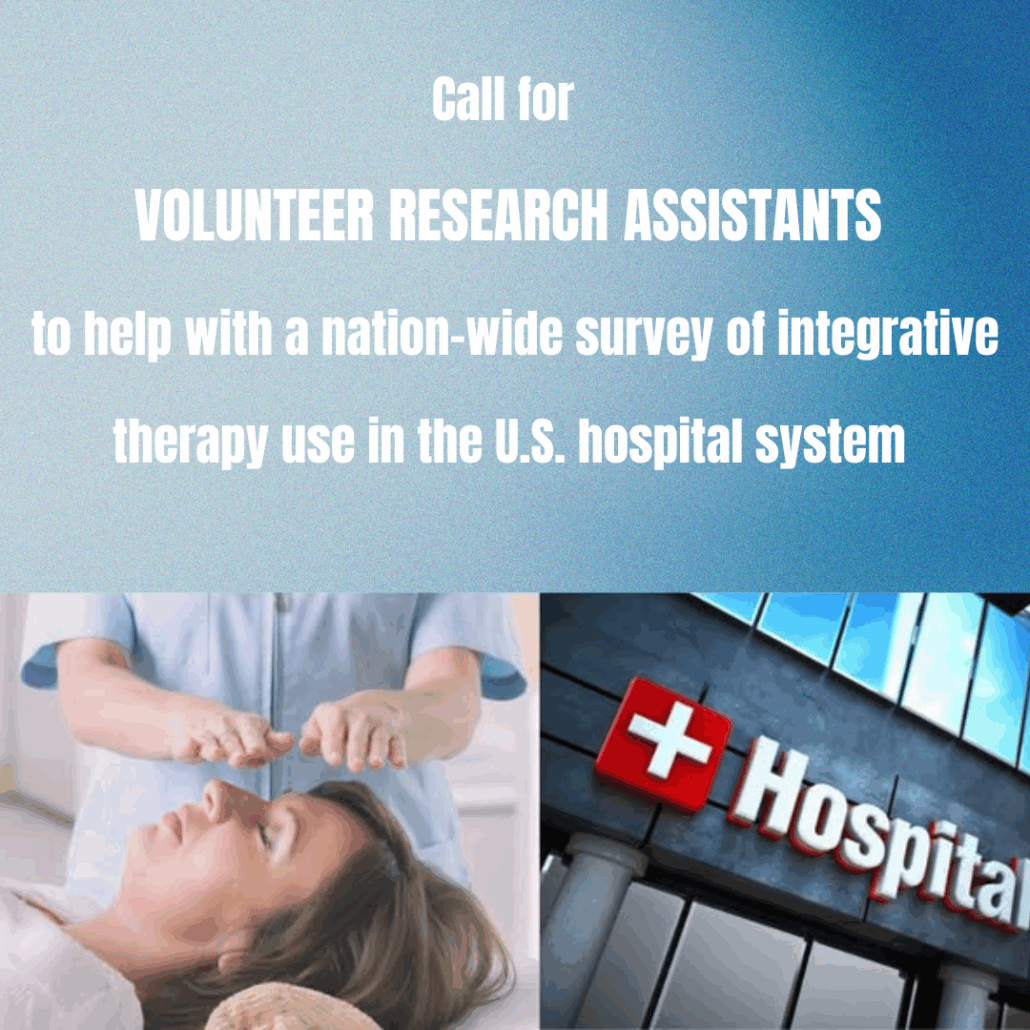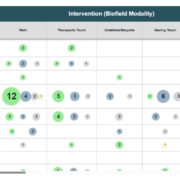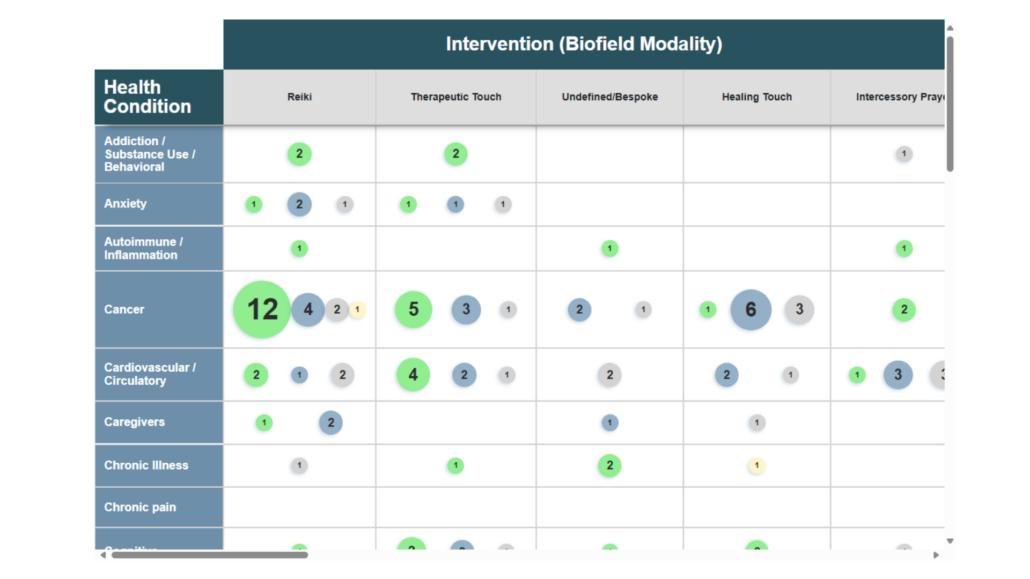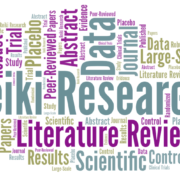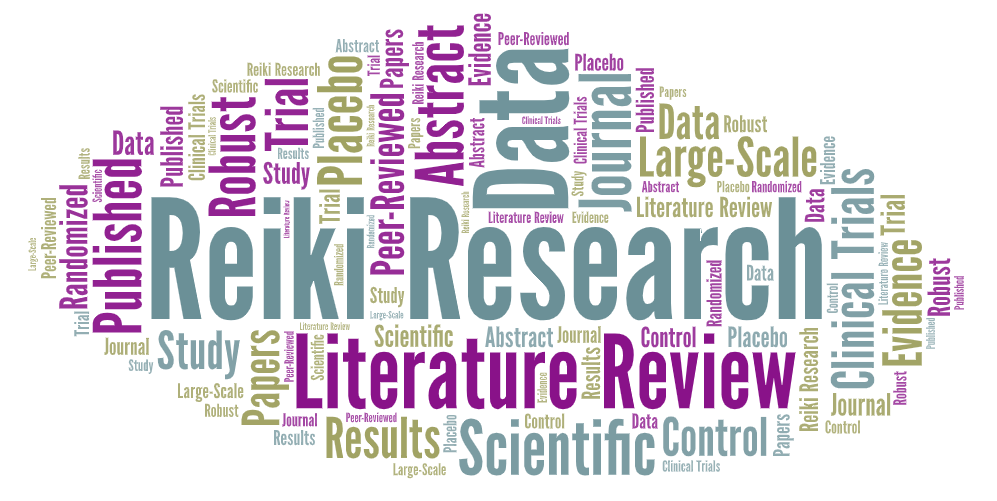Advocating For Scientific Rigor in Reiki Research
As part of CRR’s efforts to promote scientific rigor in Reiki research, we’ve successfully connected with the scientific journals Epilepsy & Behavior, Journal of Paediatrics and Child Health, and Journal of Nursing and Education.
CRR director Ann Baldwin authored three letters to the editors, referencing Biofield Therapies: Guidelines for Reporting Clinical Trials which outlines the steps required to produce scientifically sound research papers. Since the guidelines are applicable to designing studies as well, CRR recommended the three journals augment their “Instructions for Authors” with a copy of, or reference to, these guidelines.
All three letters have been published:
- Letter to the Epilepsy & Behavior editor concerning critique by Thomas J. Wheeler of “The Effects of Reiki Application on Sleep and Quality of Life in Patients With Epilepsy” (published October 23, 2025)
- Letter to the Journal of Paediatrics and Child Health editor concerning critique by Thomas J. Wheeler of “Efficacy of Facilitated Tucking Position and Reiki Given to Preterm Infants During Orogastric Tube Insertion: A Randomised Controlled Trial” (published January 22, 2026)
- Letter to the Journal of Nursing and Education editor concerning critique by Thomas J. Wheeler of “The Effect of Distance Reiki on State Test Anxiety and Test Performance. A Randomized Controlled Trial of Nursing Students” (published February 1, 2026)
CRR’s mission is to validate and foster the acceptance of Reiki biofield therapy as an integrative healthcare practice. Only rigorous, scientifically robust studies can provide the evidence necessary to support the use of this low risk, non-invasive modality in clinical settings.
